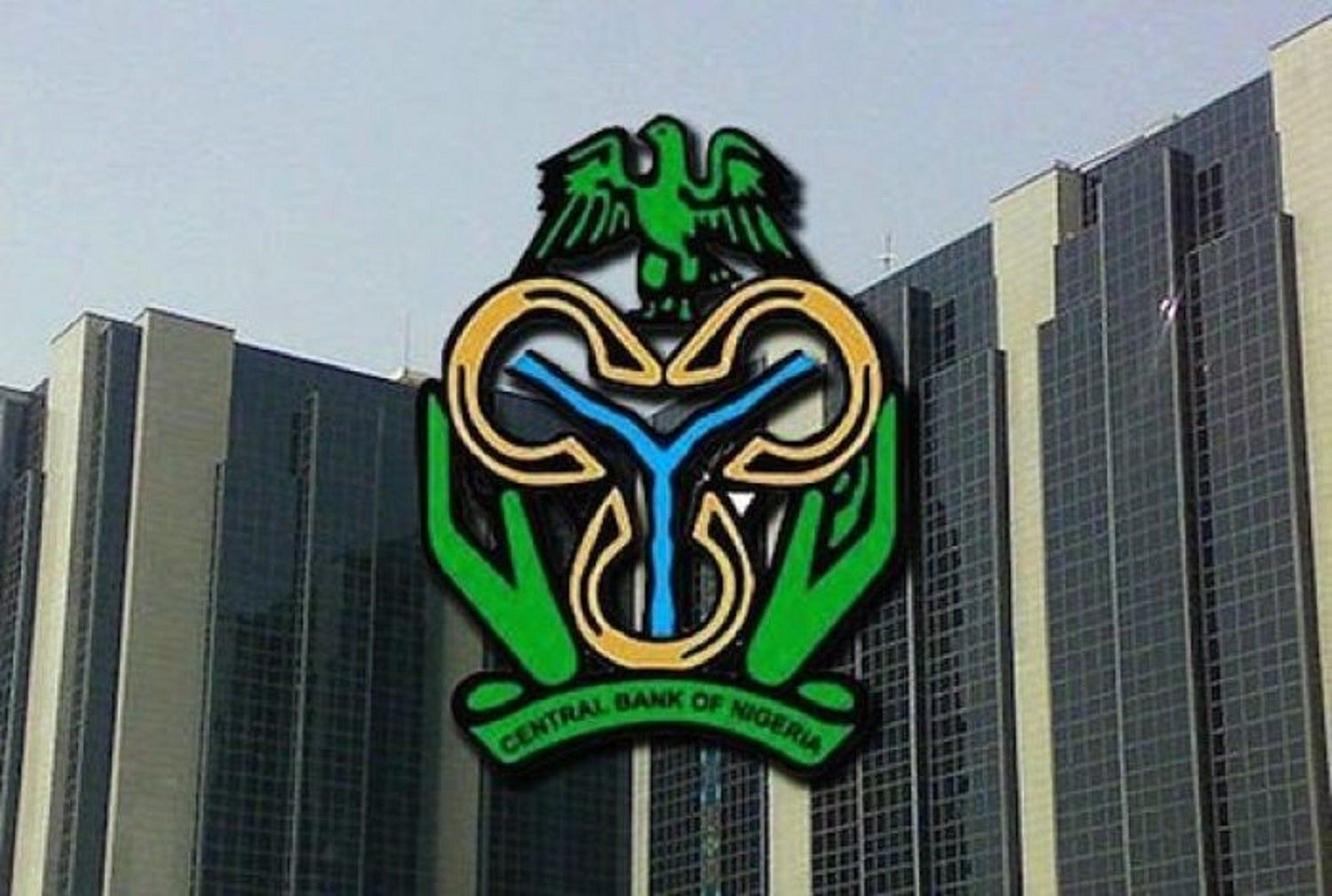The Central Bank of Nigeria (CBN) has introduced a draft framework titled “Baseline Standards for Automated Anti-Money Laundering (AML) Solutions” to push financial institutions toward adopting advanced technologies for real-time detection and reporting of suspicious transactions.
Dr. Olubukola Akinwunmi, Director of Banking Supervision, signed and sent the draft standards in a letter to all financial institutions, calling for feedback before finalizing the document.
In the letter, CBN reaffirmed its commitment to maintaining the integrity and stability of Nigeria’s banking system. Acknowledging the financial sector’s increasing digitalization and the rapid emergence of innovative products, the CBN developed these standards to boost operational efficiency and ensure compliance with AML, Countering the Financing of Terrorism (CFT), and Counter Proliferation Financing (CPF) regulations.
CBN based the draft standards on a thorough assessment of current AML solutions in the industry and aligned them with global best practices and international regulatory frameworks, including recommendations from the Financial Action Task Force (FATF).
The objectives of the standards include:
* Enhancing AML/CFT/CPF capabilities in financial institutions through technology-driven strategies.
* Promoting the use of emerging technologies to detect and report suspicious transactions in real time.
* Reducing inefficiencies linked to manual AML processes.
* Helping institutions comply with both local and international regulatory demands.
CBN has invited stakeholders to review the draft and submit comments to help improve the final version.
In the exposure draft, CBN outlined the integration of advanced technologies such as artificial intelligence (AI), machine learning (ML), and big data analytics into AML solutions. These tools aim to standardize processes and boost efficiency and compliance across the financial sector.
Specifically, Section 4.1 mandates that AML solutions must include:
* Risk profiling
* Identification of Politically Exposed Persons (PEPs) and other high-risk individuals
* Risk assessment, identification, and verification
* Sanctions screening
* Transaction monitoring
* Regulatory reporting
CBN instructed financial institutions to comply with the standards within 12 months of their official release. The apex bank also pledged to conduct periodic reviews and industry assessments to ensure adherence. Additionally, it directed institutions to provide continuous training for AML teams on system use and emerging risks.




